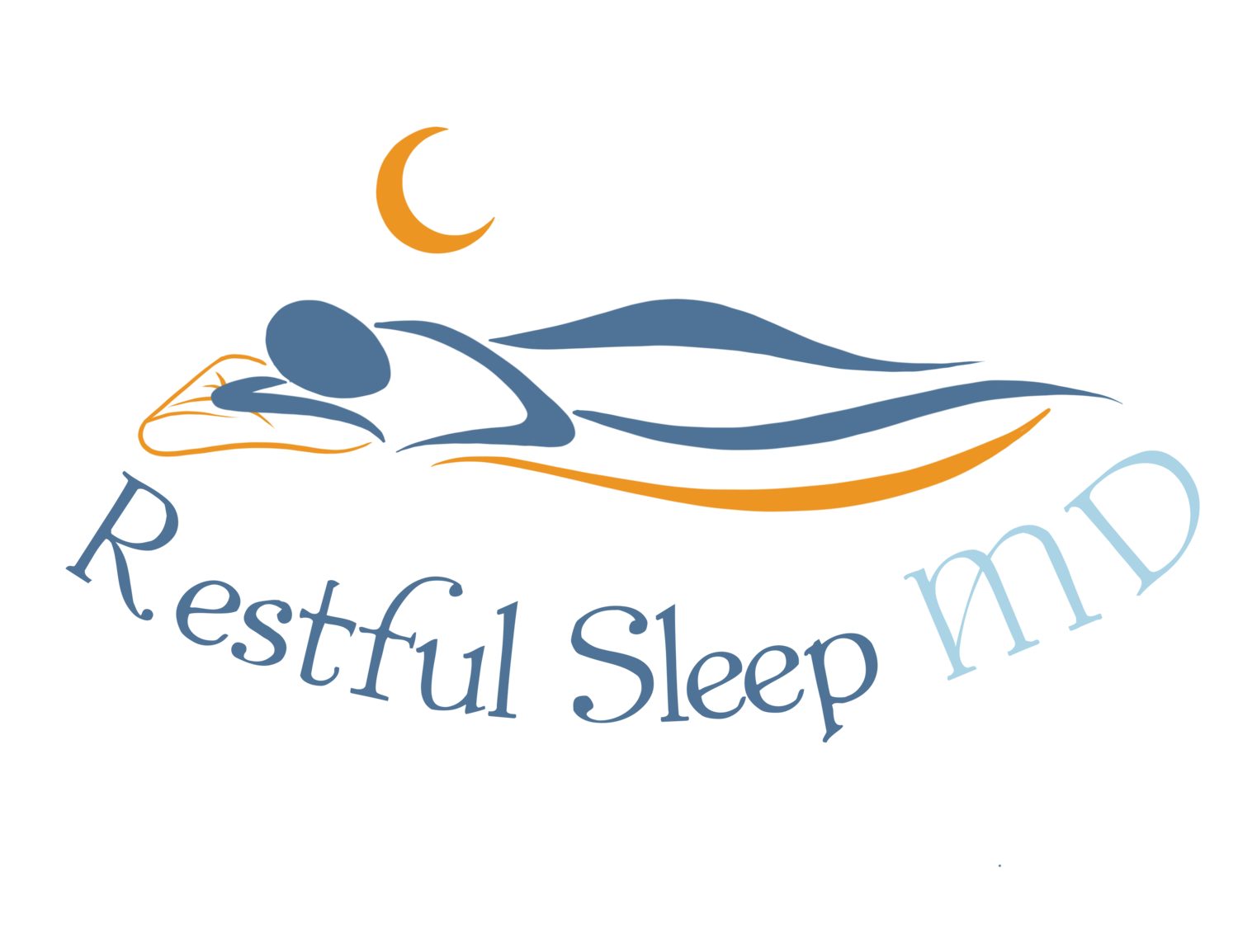Sleepy, Tired, or Fatigued: Understanding the Differences for Better Sleep
Are you constantly feeling drained? Do you struggle to understand the difference between being sleepy, tired, and fatigued? Let’s explore these terms and tips for better sleep hygiene, regardless of which category you fall into.
Sleepy vs. Tired vs. Fatigued: What's the Difference?
Sleepy: Sleepiness is a natural response to needing sleep. You might feel drowsy, have heavy eyelids, or experience micro-sleeps (brief moments of falling asleep unintentionally). A good night's sleep is usually all you need to feel refreshed and achieve restful sleep.
Tired: Tiredness is a general lack of energy caused by physical or mental exertion. It can be caused by a strenuous workout, a long day at work, or even stress. Rest, relaxation, and proper sleep can usually alleviate tiredness, helping you sleep better.
Fatigue: Fatigue is a more intense and persistent feeling of exhaustion that lingers even after sleep. It can be a symptom of various medical conditions, chronic stress, or lifestyle factors. If you experience fatigue that doesn't improve with rest, consult a sleep medicine specialist.
Chronic Fatigue Syndrome (CFS): A Different Beast
Chronic fatigue syndrome (CFS) is a debilitating condition where you experience extreme fatigue that doesn't improve with sleep. It can also cause difficulty concentrating, muscle pain, and headaches. The exact cause of CFS is unknown, but it's believed to be a combination of factors. If you suspect you might have CFS, consult a sleep specialist for diagnosis and treatment options. A comprehensive sleep study might be recommended to better understand your condition.
Tips for Better Sleep, Regardless of the Cause
Prioritize sleep: Make sleep a non-negotiable part of your routine. Aim for 7-9 hours of sleep per night to ensure you get good, restful sleep.
Develop a consistent sleep schedule: Go to bed and wake up at the same time each day, even on weekends. Consistency is key to sleeping better.
Create a relaxing bedtime routine: This could include taking a warm bath, reading a book, or practicing relaxation techniques to promote sound sleep.
Optimize your sleep environment: Make sure your bedroom is dark, quiet, cool, and clutter-free. A comfortable environment is crucial to sleep well.
Limit caffeine and alcohol: These substances can disrupt your sleep cycle, hindering your ability to sleep well.
Exercise regularly: Exercise can improve sleep quality, but avoid strenuous activity close to bedtime to ensure you're getting restful sleep.
Manage stress: Chronic stress can contribute to sleep problems. Find healthy ways to manage stress, such as yoga or meditation, to enhance your sleep quality.
Seek Professional Help
If you've tried these tips and still experience sleep problems, consult a sleep specialist or your doctor. Specialists can provide tailored advice and treatments to help you achieve better sleep. For conditions like sleep apnea or snoring, consider reaching out to a sleep clinic or a sleep doctor to explore treatment options, including CPAP therapy and other interventions. Pediatric sleep specialists can be particularly helpful for children's sleep issues.
Understanding the difference between sleepiness, tiredness, and fatigue is the first step to addressing your sleep issues. By prioritizing healthy sleep habits and seeking professional help, you can achieve better sleep and wake up refreshed and energized. If your sleep problems persist, it might be beneficial to consult with a board-certified sleep specialist or a sleep disorder doctor. For more complex conditions, a sleep study may be necessary to uncover underlying issues and develop a comprehensive treatment plan. Somnologists and sleep medicine doctors are excellent resources for personalized sleep care.
By understanding these distinctions and following these tips, you can improve your sleep quality and overall well-being. Remember, achieving sound sleep and getting rest are essential for a healthy and productive life.
Interested in additional sleep support? Learn more about Sleep Coaching and our Private Practice The Restful Sleep Place.


